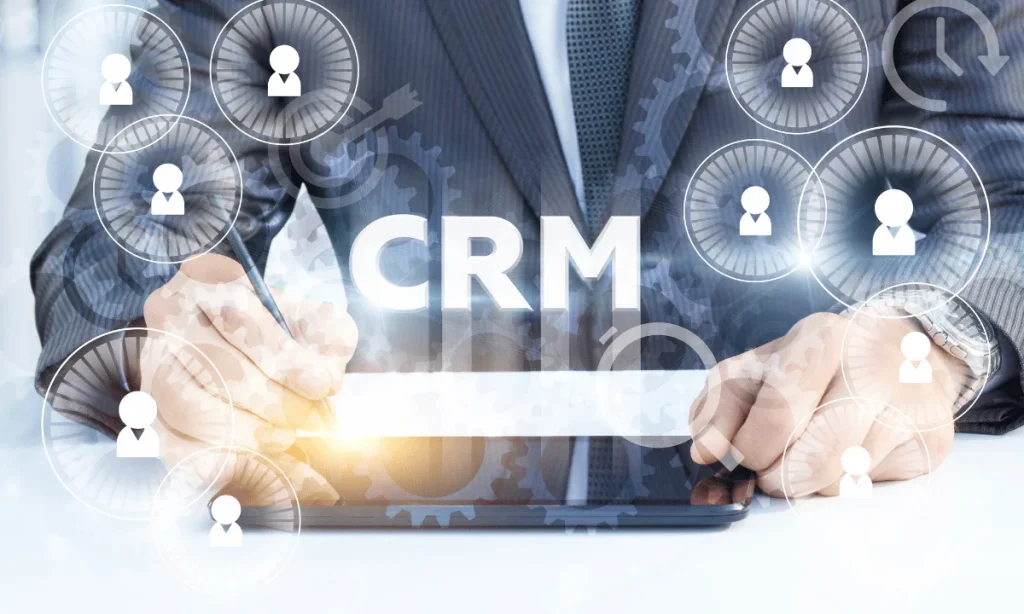
Customer Relationship Management (CRM) software is an indispensable tool for businesses seeking to streamline their customer interactions, sales processes, and marketing strategies. Most companies are aware of the core features that CRM systems offer, such as contact management, sales tracking, and customer service automation. However, many of the advanced functionalities often go unnoticed or underutilized, leaving businesses unaware of the full potential CRM tools can offer.
1. Automated Lead Scoring and Prioritization
Lead scoring is an advanced CRM feature that automates the process of evaluating and ranking leads based on their likelihood to convert into paying customers. This feature uses a set of criteria, such as engagement level, company size, demographic data, and more, to assign a score to each lead.
By automating this process, businesses can focus their efforts on the most promising leads and avoid wasting resources on low-value prospects. Automated lead scoring not only saves time but also improves the efficiency of sales teams by ensuring that they focus on high-priority leads.
2. Predictive Analytics for Sales Forecasting
Sales forecasting can be a daunting task, especially when trying to predict future revenue based on current data. CRM software with predictive analytics functionality uses historical data and trends to forecast future sales, helping businesses to plan more accurately for the upcoming quarters.
By analyzing patterns in customer behavior, purchase history, and other relevant factors, predictive analytics provides actionable insights that empower sales managers to make more informed decisions about resource allocation, budgeting, and strategy. The result is a more precise sales forecast, leading to better decision-making.
3. Customer Segmentation for Targeted Marketing
CRM systems can do more than just store customer data. They can also segment your customer base into different groups based on specific criteria such as demographics, buying behavior, location, or engagement history. This feature allows businesses to tailor their marketing campaigns and offers to the unique needs of each segment.
Customer segmentation ensures that businesses send the right message to the right people, leading to higher engagement, better conversion rates, and ultimately, more sales. It’s a powerful tool for businesses looking to personalize their marketing efforts and improve customer retention.
4. AI-Powered Chatbots for 24/7 Customer Support
Many CRM platforms come equipped with AI-powered chatbots that can engage with customers in real time. These chatbots can provide instant responses to frequently asked questions, resolve simple customer service issues, and even help guide users through your product or service offerings.
The beauty of AI chatbots is that they can operate around the clock, ensuring that customers always have access to assistance, regardless of the time of day. Moreover, chatbots free up your customer support team to focus on more complex issues, making your customer service process more efficient and cost-effective.
5. Workflow Automation for Task Management
Managing a business involves juggling multiple tasks at once. Workflow automation in CRM software allows businesses to automate repetitive tasks such as data entry, lead nurturing, email marketing, and follow-up reminders.
By automating these processes, CRM software ensures that no task is overlooked and that your team remains focused on higher-value activities. Workflow automation also reduces human error, improves productivity, and ensures that tasks are completed on time, contributing to overall operational efficiency.
6. Integration with Third-Party Applications
CRM systems can integrate with a wide range of third-party applications, such as email marketing platforms, accounting software, social media tools, and e-commerce platforms. These integrations help create a seamless experience for businesses by centralizing all of their customer data in one place.
For example, a CRM can integrate with an email marketing tool to automatically track email campaign results, or with an e-commerce platform to sync customer purchase data. This integration allows businesses to gain a holistic view of their customer journey and make more informed decisions based on comprehensive data.
7. Mobile CRM for On-the-Go Access
In today’s fast-paced world, salespeople and customer service representatives need access to customer data on the go. Mobile CRM functionality allows team members to access and update customer information, track sales, and respond to inquiries from their smartphones or tablets.
Mobile CRM ensures that employees can stay productive while traveling or working remotely, which is especially beneficial for field sales teams. With mobile CRM, your team has real-time access to crucial data, enabling them to respond faster to customer inquiries and close deals more effectively.
